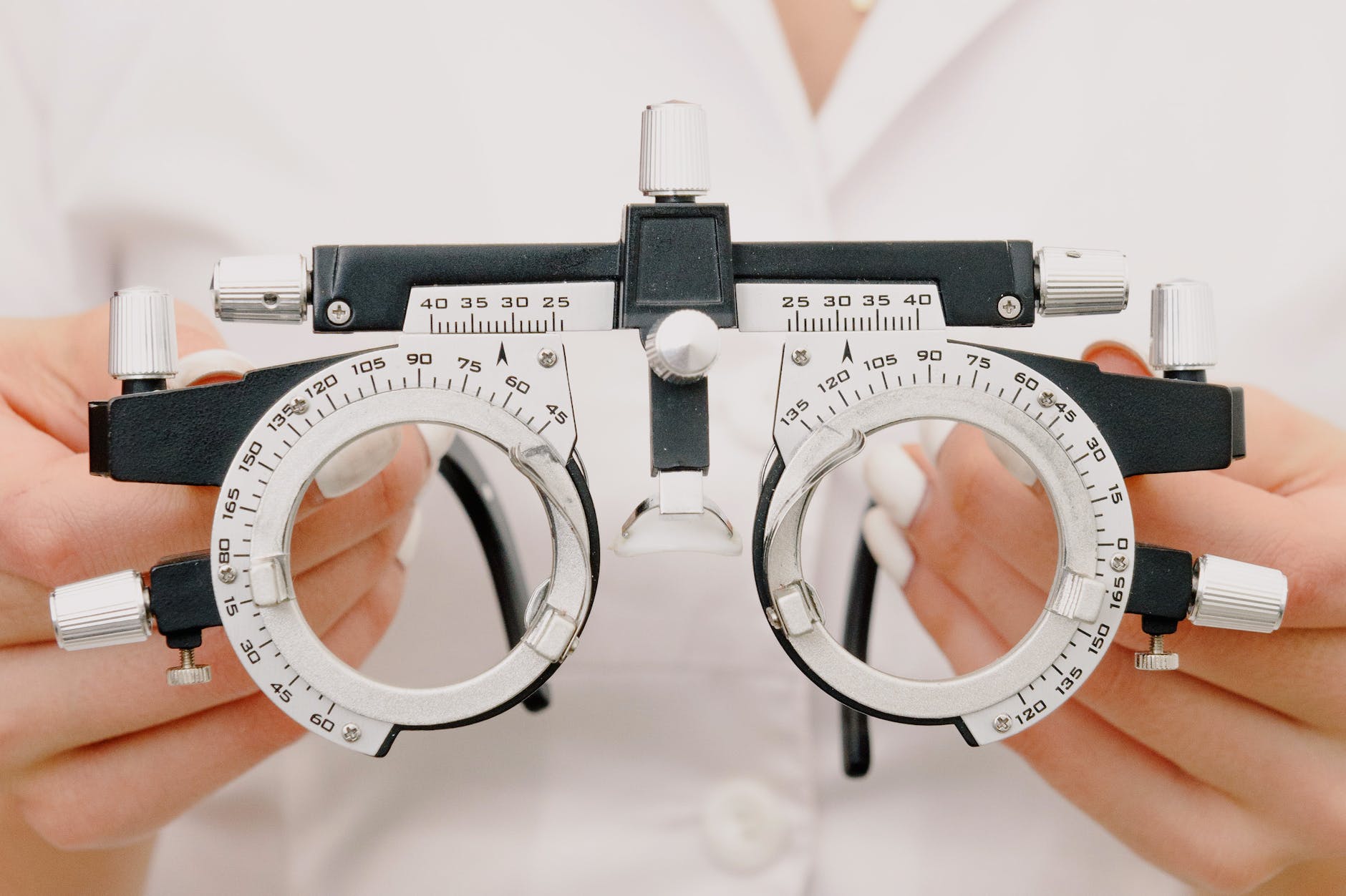Importance of Clinical Trials in Medical Research


Importance of Clinical Trials in Medical Research
Clinical trials are an integral part of medical research, playing a crucial role in advancing healthcare and improving the quality of human life. These trials are essential for evaluating the safety and efficacy of new treatments, medications, and medical interventions. In this article, Importance of Clinical Trials in Medical Research, we delve into the significance of clinical trials and why they are pivotal in shaping the future of medicine.
Understanding Clinical Trials
Clinical trials are scientific studies conducted to explore the effects of medical interventions on human subjects. These interventions could be new drugs, medical devices, treatment strategies, or preventive measures. The trials are carefully designed to answer specific research questions and are conducted in several phases, each serving a unique purpose.
The Phases of Clinical Trials
- Phase I: In this initial phase, the primary focus is on assessing the safety of the intervention in a small group of healthy volunteers or patients. Researchers carefully monitor participants to identify any adverse effects and determine the appropriate dosage.
- Phase II: The second phase expands the study to a larger group of participants to evaluate the intervention's effectiveness and further assess its safety. Researchers gather valuable data on potential side effects and how the intervention interacts with the human body.
- Phase III: This phase involves a more extensive study of the intervention's safety and effectiveness, comparing it with existing treatments or placebos. Phase III trials provide critical evidence to support the approval of new treatments by regulatory authorities.
- Phase IV: Post-approval studies are conducted in Phase IV to monitor the intervention's long-term safety and effectiveness in real-world settings. These studies continue after the intervention is available for widespread use.
Importance of Clinical Trials in Medical Advancements
1. Advancing Medical Knowledge: Clinical trials contribute to the expansion of medical knowledge and understanding of various diseases and health conditions. By investigating new treatments and interventions, researchers can unravel underlying causes and develop innovative solutions.
2. Improving Patient Outcomes: Participating in clinical trials allows patients to access cutting-edge treatments that may not be available through standard care. It gives hope to individuals facing challenging health conditions and improves their chances of positive outcomes.
3. Guiding Evidence-Based Medicine: Clinical trial results provide the evidence needed for medical professionals to make informed decisions about treatments. Evidence-based medicine is crucial in ensuring that patients receive the most effective and safe care.
4. Enhancing Drug Development: The pharmaceutical industry heavily relies on clinical trials to test the safety and efficacy of new drugs. This process streamlines drug development and ensures that only the most promising treatments reach the market.
5. Tailoring Treatments: Clinical trials facilitate personalized medicine, where treatments can be tailored to individual patient characteristics, such as genetic makeup. This precision medicine approach improves treatment effectiveness and reduces adverse reactions.
6. Regulatory Approvals: Regulatory agencies, such as the Food and Drug Administration (FDA) in the United States and the European Medicines Agency (EMA), depend on the data from well-conducted clinical trials to grant approvals for new treatments.
7. Addressing Global Health Challenges: Clinical trials play a vital role in combating global health challenges, such as infectious diseases and pandemics. These trials lead to the development of vaccines and treatments that can save millions of lives worldwide.
Ensuring Ethical Conduct in Clinical Trials
As clinical trials involve human participants, it is paramount to ensure ethical conduct and safeguard their rights and well-being. Independent ethics committees or institutional review boards (IRBs) review the trial protocols to ensure participant safety and adherence to ethical standards.
Participants in clinical trials are provided with detailed information about the trial's purpose, potential risks and benefits, and their rights. Informed consent, voluntary participation, and the option to withdraw at any time without prejudice are fundamental principles in conducting ethical trials.
Conclusion
Clinical trials are an indispensable part of medical research, driving innovation, and shaping the future of healthcare. They play a crucial role in advancing medical knowledge, improving patient outcomes, and ensuring the safety and efficacy of treatments. By participating in clinical trials, individuals contribute to the betterment of healthcare and pave the way for groundbreaking discoveries. https://diabetescure4u.com/
- The History of the CDC and Its Evolution Over Time
- Current Priorities of the CDC in Disease Control and Prevention
- The Different Types of Blood Sugar Tests and How They Are Performed
- Immigration and Migration Patterns: A Comprehensive Analysis
- Comprehensive Guide to Diabetes Mellitus: Managing and Understanding the Condition


